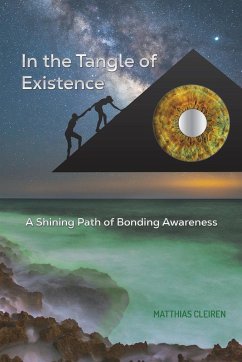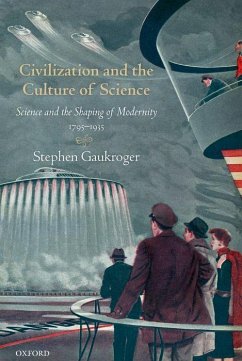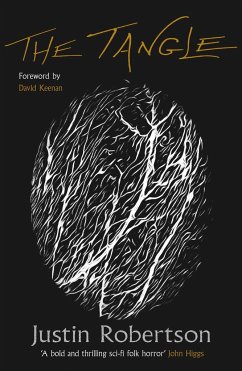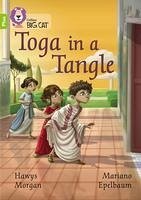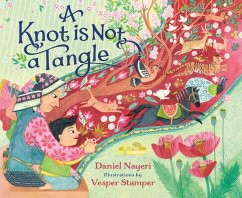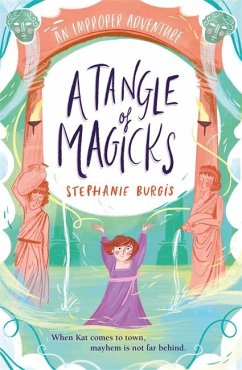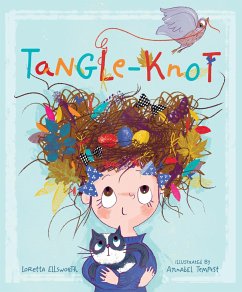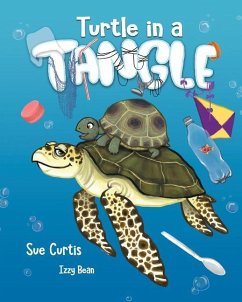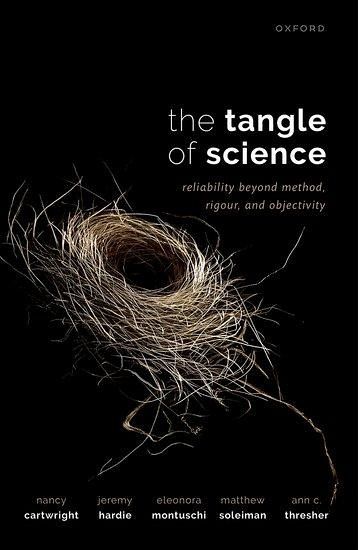
Nancy Cartwright (Professor of Philosophy, Professor of Philosophy,Jeremy Hardie (Research Associate, Research Associate, CPNSS LondonEleonora Montuschi (Associate Professor, Associate Professor, Unive
Gebundenes Buch
The Tangle of Science
Reliability Beyond Method, Rigour, and Objectivity
Versandkostenfrei!
Versandfertig in 2-4 Wochen

PAYBACK Punkte
27 °P sammeln!




The Tangle of Science argues that the scientific method, rigour, and objectivity are insufficient to guarantee reliability. It shows how reliable science is underpinned by a vast network of other scientific products, brings into focus neglected areas of science, and emphasizes how every product works together to support results we can trust.
Nancy Cartwright is a philosopher of science focusing on evidence, objectivity, modelling, and causation. The first half of her career at Stanford she worked in philosophy of physics; in the second half, at LSE, Durham and UCSD, on philosophy of the social and economic sciences and the philosophy of social technology, with recent attention to evidence-based policy. She is a fellow of the British Academy and the (UK) Academy of Social Science, a member of the German Academy of Science (Leopoldina) and the American Academy of Arts and Sciences and a recipient of the Hempel Award and a MacArthur Fellowship. Jeremy Hardie was a Fellow and Tutor in Economics at Keble College, Oxford, from 1968 to 1975. After that he worked as a businessman and a public servant for many years. He returned to academia in 1998, and is currently a Research Associate at the Centre for Philosophy of Natural and Social Science at the London School of Economics. Eleonora Montuschi is a philosopher of science with a particular interest in the social sciences. She works on objectivity, the use of evidence and the relation between scientific experts, democratic institutions and engaged citizenship. Before moving to Ca' Foscari she taught at Oxford, Warwick, University College London and the London School of Economics. She is project leader of the Horizon 2020 research project 'Inclusive Science and European Democracy', co-leader of the research programme 'Evidence for Use' at the Centre for Philosophy of Natural and Social Science at LSE, and director of the international research centre 'Trust in Science' at Ca' Foscari. Matthew Soleiman is a doctoral student in the Department of History and Science Studies program at UC San Diego. He received his master's degree in neuroscience from the University of Washington and his bachelor's degree in psychology from UC San Diego. His research spans the history of the mind and brain sciences, the history of medicine, and science and technology studies. He is currently a PhD Fellow at the Institute for Practical Ethics at UC San Diego. Ann C. Thresher is a doctoral student at UC San Diego where she works on the philosophy of science, environmental ethics, emerging technologies, and the philosophy of physics. She is a 2022 Heinrich Hertz Fellow at the University of Bonn, and was previously a graduate fellow at the Institute for Practical Ethics at UC San Diego. She has spoken at San Diego Comic Con on the physics of time travel, and before pursuing her doctoral degree worked for the London Mathematical Society where she ran their 150th anniversary celebrations. She holds two bachelors degrees from the University of Sydney, one in physics and one in philosophy, and grew up in Hobart, Tasmania.
Produktdetails
- Verlag: Oxford University Press
- Seitenzahl: 262
- Erscheinungstermin: 20. März 2023
- Englisch
- Abmessung: 237mm x 156mm x 22mm
- Gewicht: 538g
- ISBN-13: 9780198866343
- ISBN-10: 0198866348
- Artikelnr.: 64195670
Herstellerkennzeichnung
Libri GmbH
Europaallee 1
36244 Bad Hersfeld
gpsr@libri.de
Für dieses Produkt wurde noch keine Bewertung abgegeben. Wir würden uns sehr freuen, wenn du die erste Bewertung schreibst!
Eine Bewertung schreiben
Eine Bewertung schreiben
Andere Kunden interessierten sich für


